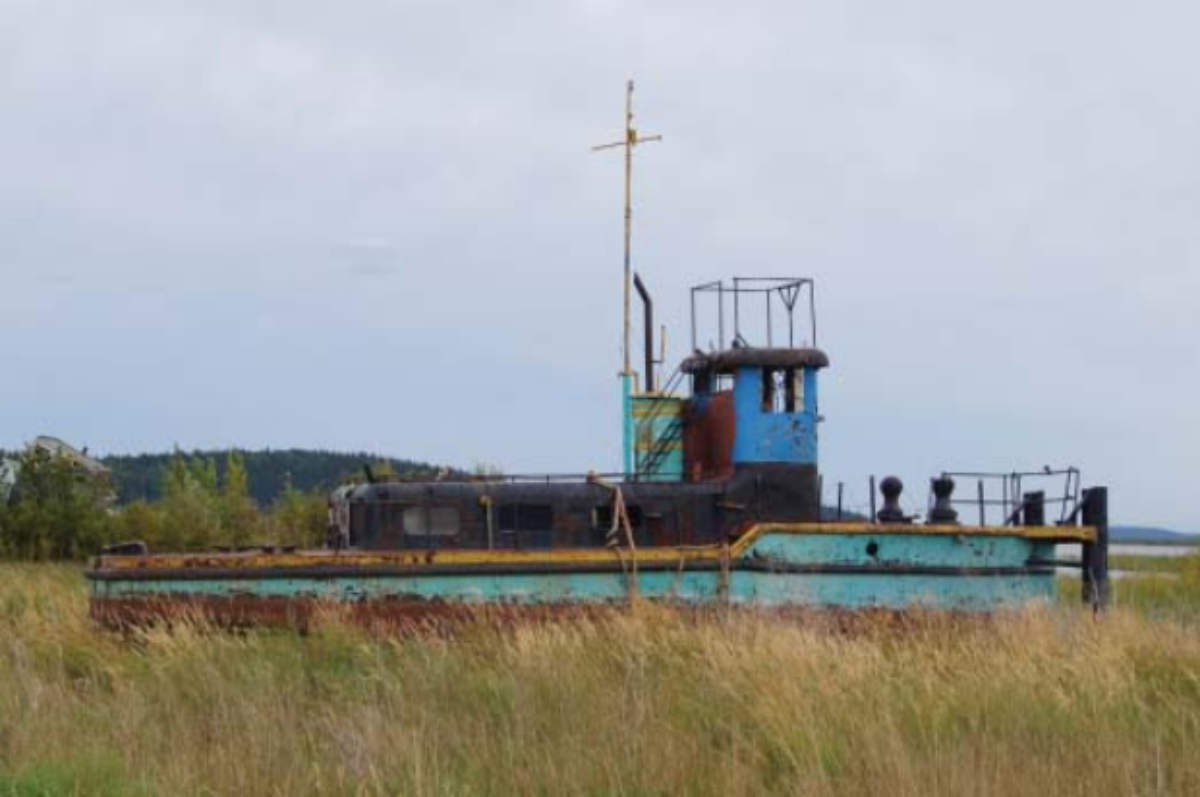The Lower Athabasca Regional Counterplan

by Christopher Alton (MDes ’14)
This thesis is constructed as a critical analysis of the Lower Athabasca Regional Plan (LARP) in Alberta, Canada. This thesis begins with the premise that planning frameworks such as LARP serve to enclose through zoning, land-use designations, and implementation strategies for the benefit of industry and capital, and that radical planning strategies need to be pursued to oppose these regimes. It is also understood however that LARP emerges from within a particular history of colonialism and resource use, and that from these powers frameworks emerge that bring into conflict claims to land and resources.
The lower Athabasca basin is home to the Alberta Tar Sands. Within this complex industrial milieu, the role indigenous populations have had in crafting legislation is explored as a means of undermining governmental claims of participatory planning and approaches to resource exploitation. In suggesting a counter to LARP, we must recognize that advocating a counter-enclosure strategy serves to engage the commons. The Lower Athabasca Counterplan then becomes a tactic of “communing.”